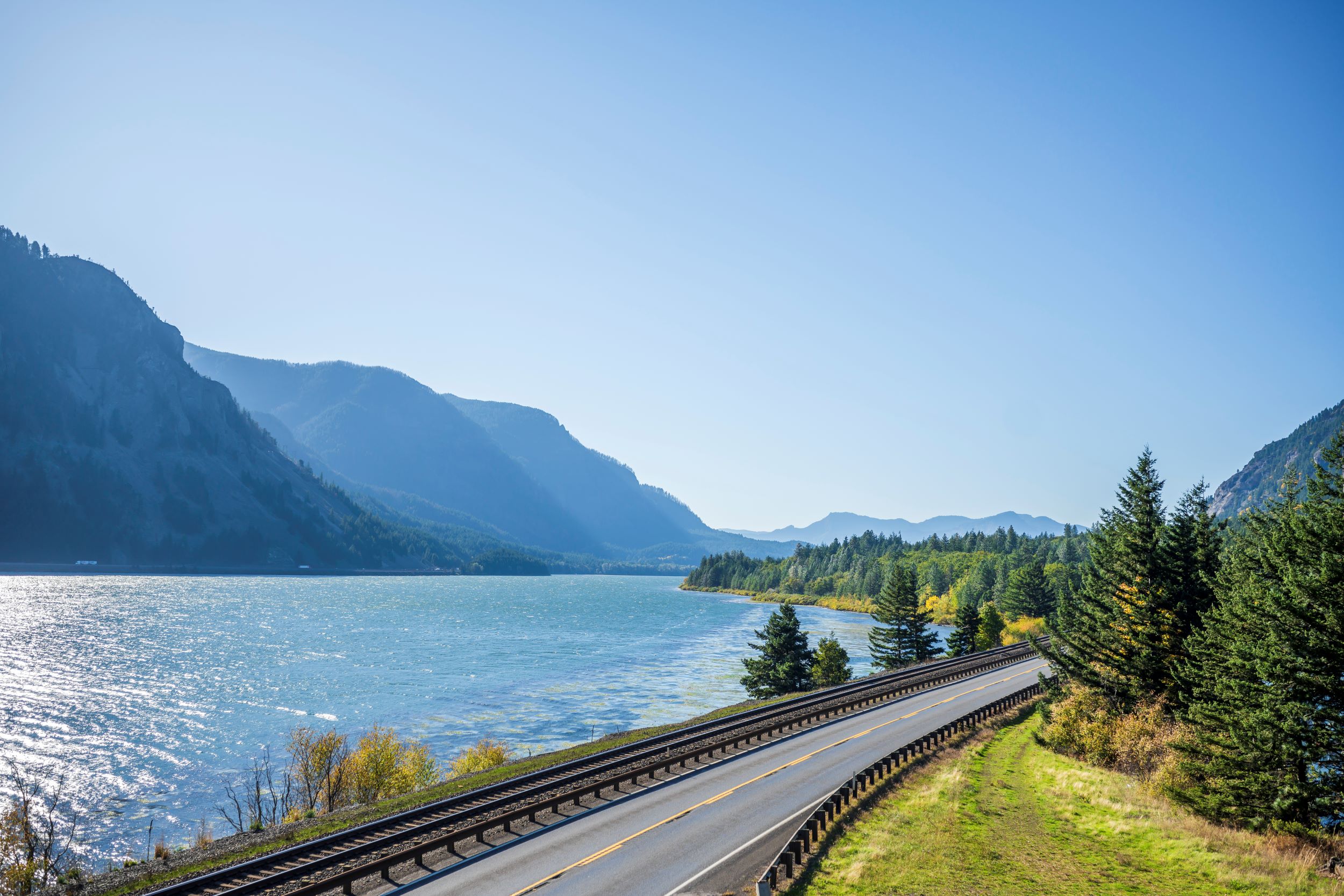As if we needed another reason to get out and grill, the month of May was declared National Barbecue Month, giving you the official excuse to start the coals long before the traditional kick-off on Memorial Day weekend.
If you (like us) can’t wait to enjoy the first flame-cooked meal, just take a quick moment to read up on these safety tips before you light the fire:
1. Place it right: Only use your BBQ outdoors – whether it’s gas or charcoal. Place it away from the home, and away from eaves, railings, overhanging branches, umbrellas or awnings. Did you know that over half of all home grill structure fires begin on a outdoor courtyard, patio or deck? Also be careful to station your grill away from walkways, or areas where children are playing.
2. Scrub it clean: Get your barbecue ready for the season by giving it a good cleaning. Remove grease buildup from grills and the trays below. A clean grill is a safer grill!
3. Light it carefully: Only use charcoal lighter fluid to start a fire. NEVER add lighter fluid to burning flames or hot charcoal: Not only can flames travel up the fluid stream, but also, lighter fluid turns into gas at relatively low temperatures. While it’s fluid, it lights. When it’s gas, it explodes. Invest in a chimney-type charcoal lighter, which uses newspaper as a lighting fuel.
4. Check for bubbles: Before using a Propane Grill, check the hose for leaks every year by applying a soap-and-water solution. If there is a propane leak, bubbles will form. If you see bubbles, and there is no flame, turn off the gas tank and grill and get the barbecue serviced by a professional before using it again. If you smell gas while cooking, immediately move away from the grill and contact the fire department. Do not move the grill.
5. Be food-safe: Grilling season is prime time for bacteria growth. Keep meat cold until ready to grill. Thaw frozen meat in the refrigerator, or if microwaved, cook immediately after defrosting. Use separate platters and utensils for raw and cooked meats. Use a meat thermometer to check the right temperature: Poultry should be at 180 degrees F, poultry breasts at 170, ground beef and pork at 160, and steaks at 145. Keep food covered, and put leftovers in the refrigerator as quickly as possible after enjoying your meal. Discard food items that have been out at room temperatures for more than 2 hours.
Yes, a homeowner’s insurance policy protects you financially if a fire damages your home while you are cooking on your barbecue, or (heaven forbid!) if one of your dinner guests suffers from food poisoning. However, a few minutes of caution while following these simple rules will save you from ever needing to use your insurance policy for such preventable losses.
Happy Grilling!

